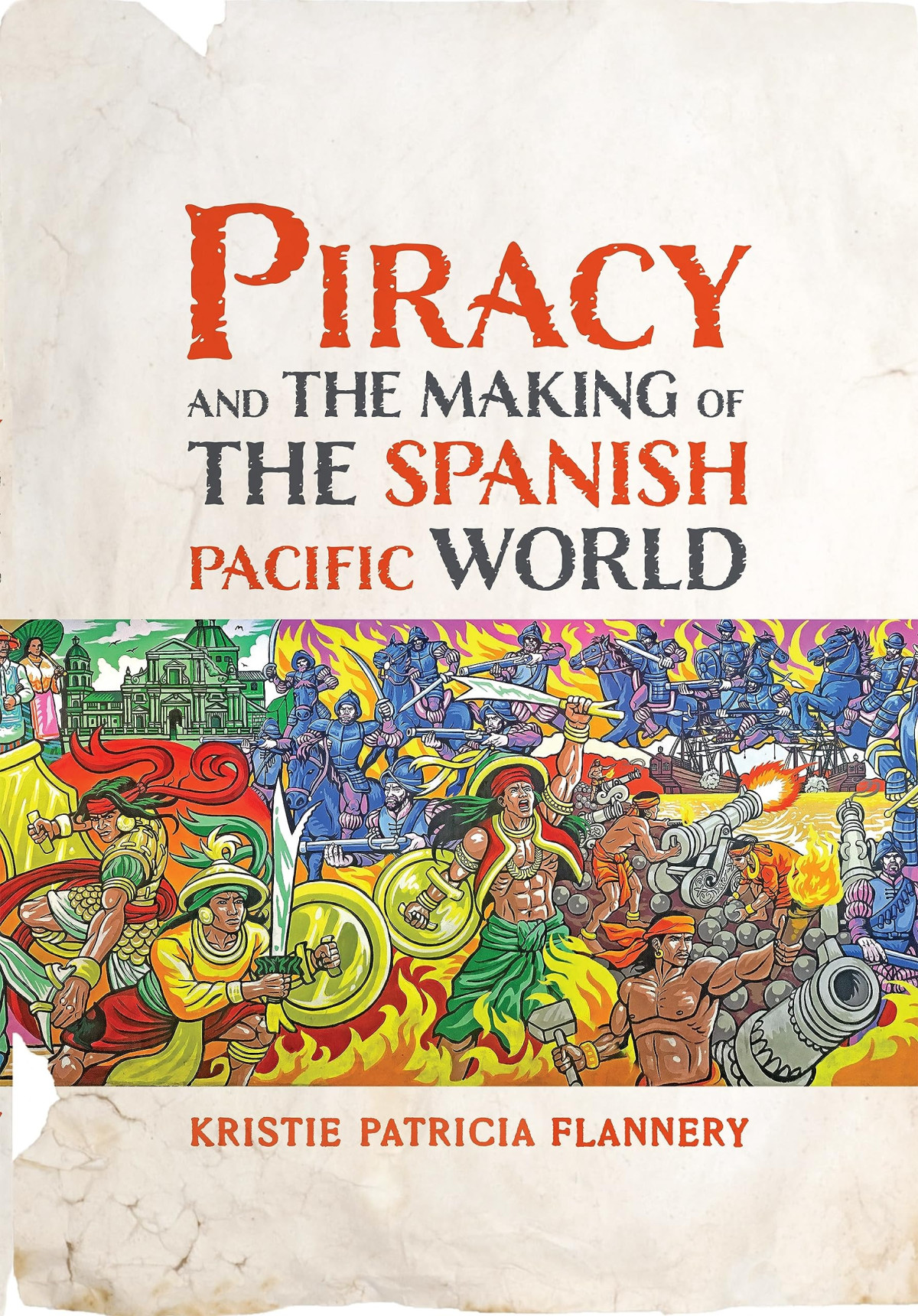

Most ebook files are in PDF format, so you can easily read them using various software such as Foxit Reader or directly on the Google Chrome browser.
Some ebook files are released by publishers in other formats such as .awz, .mobi, .epub, .fb2, etc. You may need to install specific software to read these formats on mobile/PC, such as Calibre.
Please read the tutorial at this link: https://ebookbell.com/faq
We offer FREE conversion to the popular formats you request; however, this may take some time. Therefore, right after payment, please email us, and we will try to provide the service as quickly as possible.
For some exceptional file formats or broken links (if any), please refrain from opening any disputes. Instead, email us first, and we will try to assist within a maximum of 6 hours.
EbookBell Team

4.4
42 reviewsPiracy and the Making of the Spanish Pacific World offers a new interpretation of Spanish colonial rule in the Philippine islands. Drawing on the rich archives of Spain’s Asian empire, Kristie Patricia Flannery reveals that Spanish colonial officials and Catholic missionaries forged alliances with Indigenous Filipinos and Chinese migrant settlers in the Southeast Asian archipelago to wage war against waves of pirates, including massive Chinese pirate fleets, Muslim pirates from the Sulu Zone, and even the British fleet that attacked at the height of the Seven Years’ War. Anti-piracy alliances made Spanish colonial rule resilient to both external shocks and internal revolts that shook the colony to its core.
This revisionist study complicates the assumption that empire was imposed on Filipinos with brute force alone. Rather, anti-piracy also shaped the politics of belonging in the colonial Philippines. Real and imagined pirate threats especially influenced the fate and fortunes of Chinese migrants in the islands. They triggered genocidal massacres of the Chinese at some junctures, and at others facilitated Chinese integration into the Catholic nation as loyal vassals.
Piracy and the Making of the Spanish Pacific World demonstrates that piracy is key to explaining the surprising longevity of Spain’s Asian empire, which, unlike Spanish colonial rule in the Americas, survived the Age of Revolutions and endured almost to the end of the nineteenth century. Moreover, it offers important new insight into piracy’s impact on the trajectory of globalization and European imperial expansion in maritime Asia.
"Kristie Patricia Flannery’s Piracy and the Making of the Spanish Pacific World is a compelling account of Spanish colonial rule in the Philippines during the long eighteenth century. It takes readers on a journey through the tumultuous waters of the Spanish Pacific, where piracy was not just a threat but a defining force in shaping dynamics of power, resistance, and adaptation. Through meticulous research, Flannery uncovers the hidden influence of sea marauders in forging imperial destinies and shows that responses to piracy―ranging from military action to diplomatic negotiations―were central to the Spanish colonial project in the Philippines. This book offers a crucial addition to our understanding of the Spanish empire’s history in Asia and of the impact maritime violence had on the intertwined trajectories of colonization and globalization." ― Sebastian Prange, University of British Columbia
Kristie Patricia Flannery is a Research Fellow in the Institute for the Humanities and Social Sciences at Australian Catholic University.